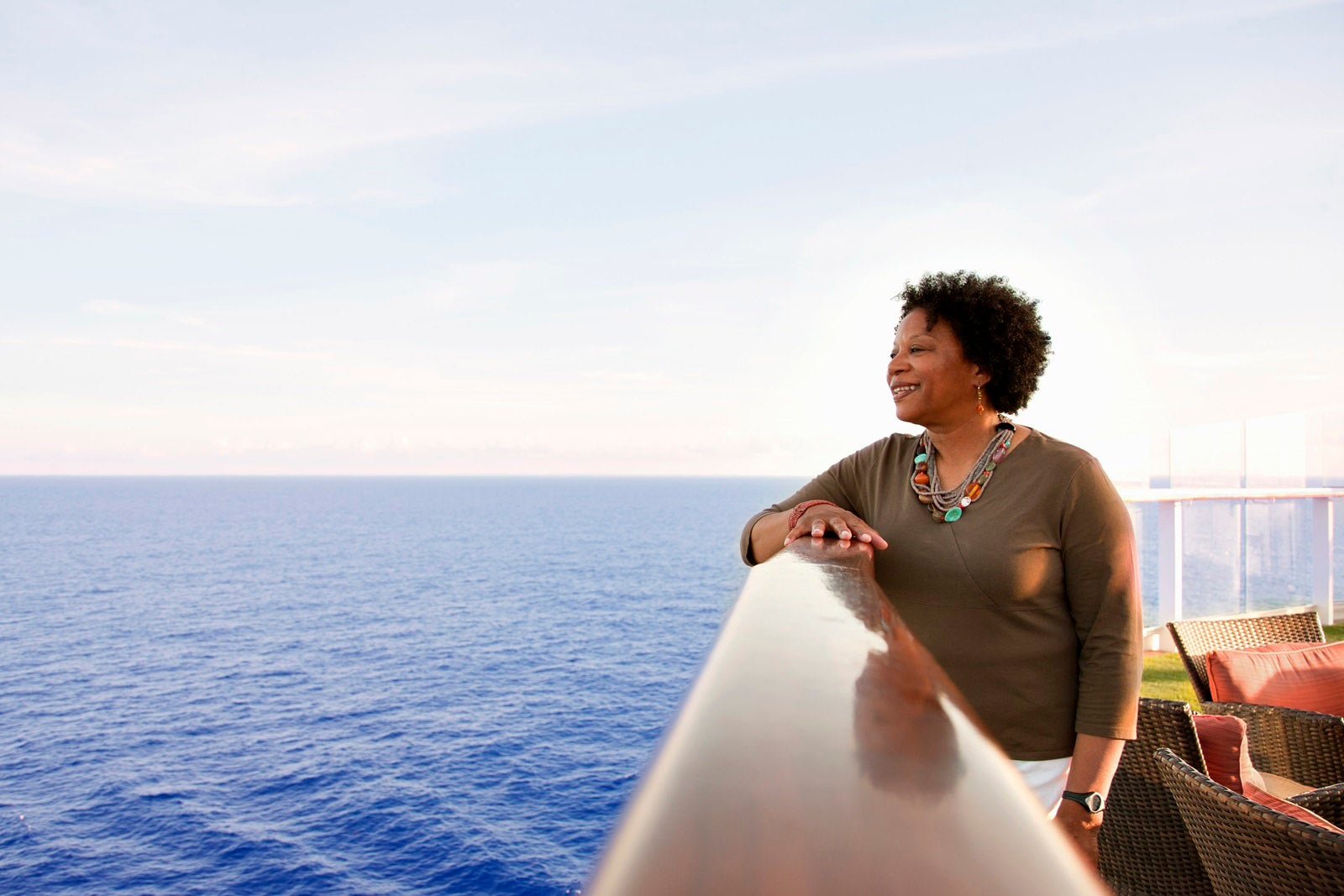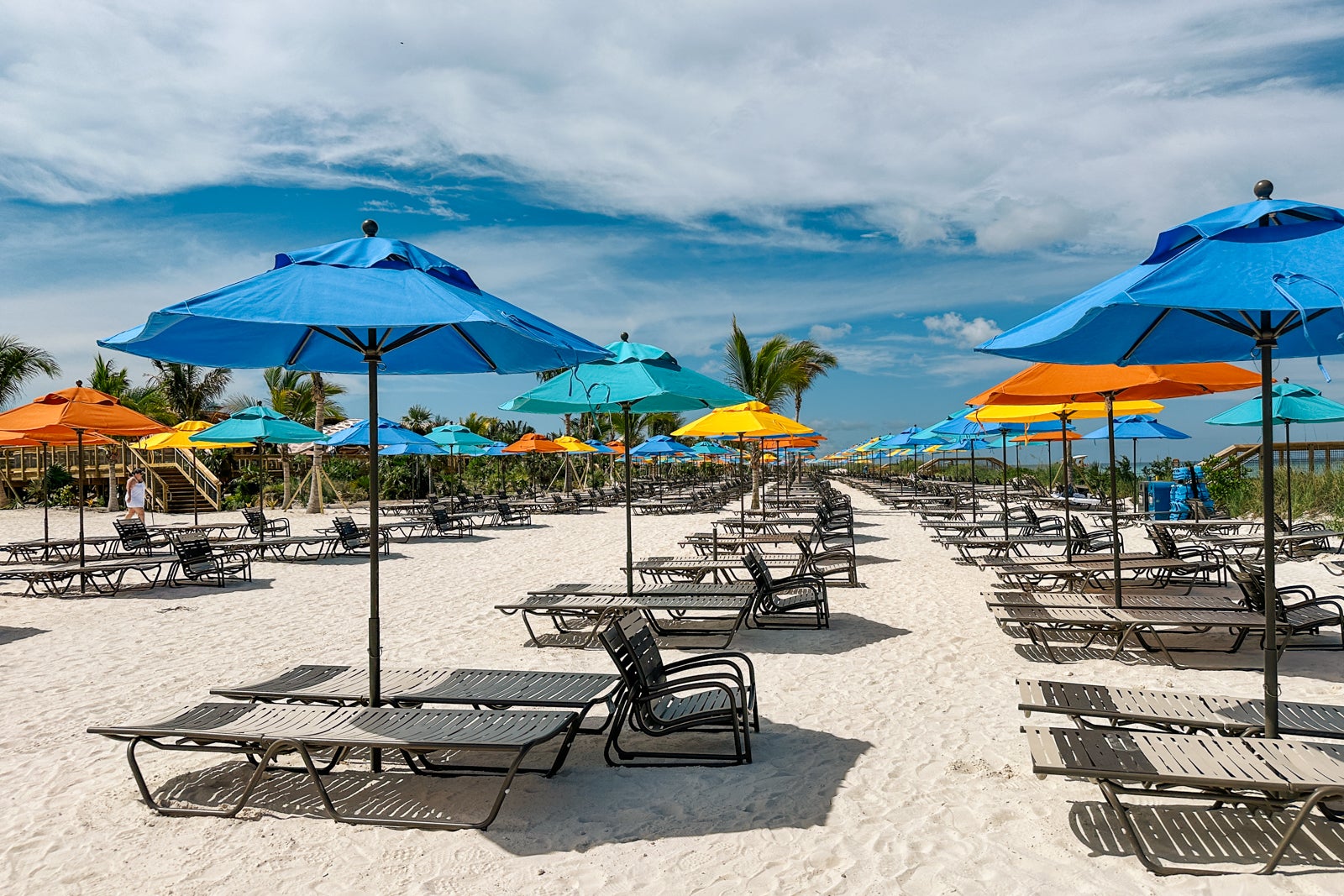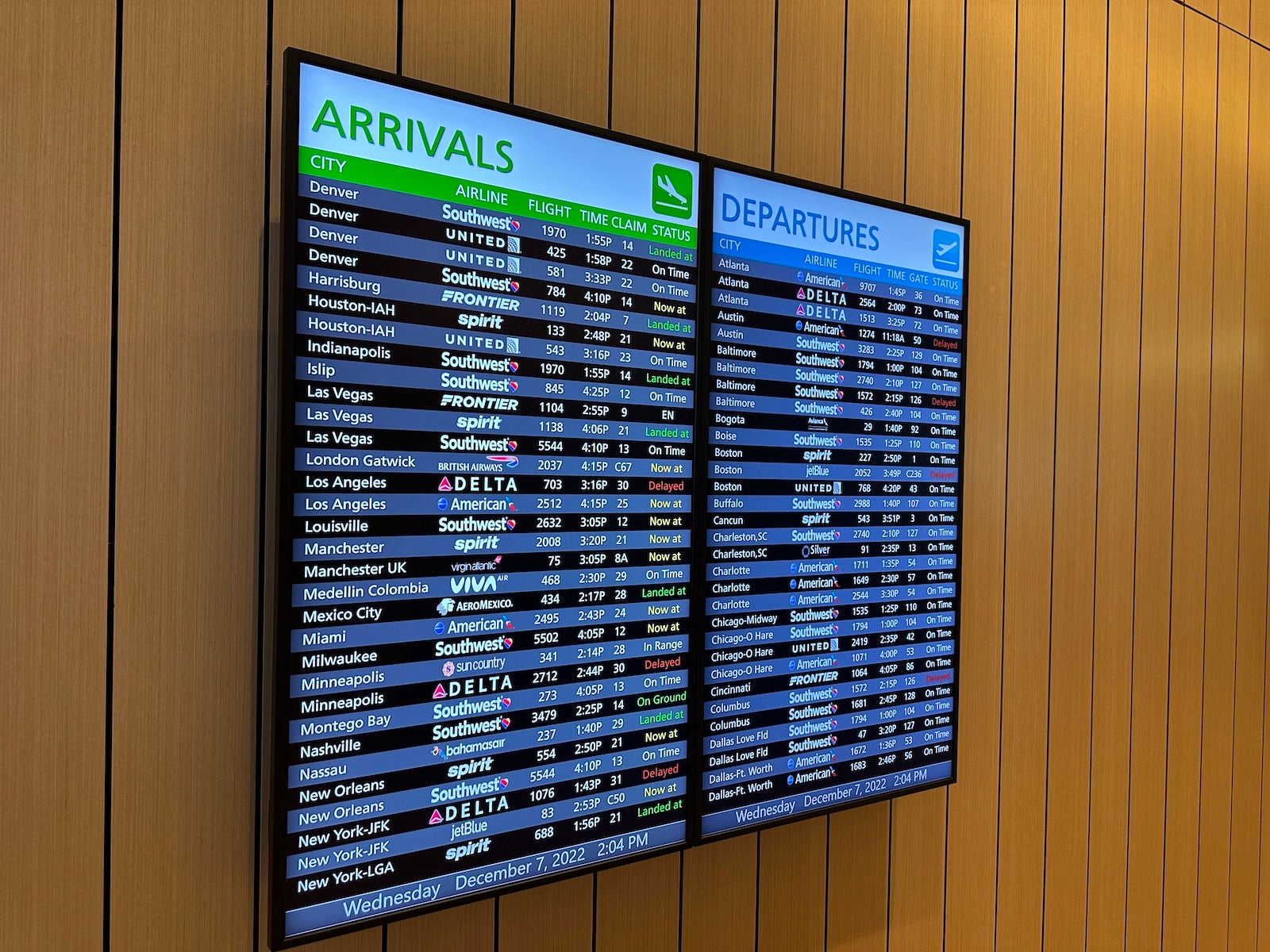Cruise single supplements: Why you’ll pay double to cruise alone
If you planned and budgeted for a cruise but suddenly found out it would cost you double what you expected, would you still go? That’s what most solo cruisers experience nearly every time they try to book a cruise. Cruise lines levy a fee called a single supplement on travelers looking to sail solo in a cabin intended for a couple.
It’s not fair, but there is a reason for the extra charge. Here, I’ll cover what a single supplement is, why cruise lines levy the hefty charges and what you can do to try to avoid them the next time you sail by yourself.
What is a single supplement on a cruise?
Nearly all cruise cabins are designed to accommodate at least two people. Unlike hotel rooms, pricing is per person, not per room, and fares are based on double occupancy. A single supplement is an added fee that cruise lines charge solo passengers when they book cabins meant for two or more people.
Because cruise lines generate much of their revenue from onboard purchases, they charge single supplements to compensate for the fact that only one person will be sailing in your cabin instead of two. With only one person in that room, the cruise line misses out on the potential revenue a second person would generate with onboard spending for things like shore excursions, alcohol, spa treatments and casino play. The supplement is an effort by the line to offset the financial loss anticipated when fewer people sail.
How much is a single supplement on a cruise?
Generally, single supplements are 100% of the per-person fare. If you’re cruising alone in a cabin meant for more than one person, you can expect to pay double the price you see listed for any given cabin — your fare and the fare for the missing person who isn’t sharing a cabin with you on your voyage.
The only silver lining is that you won’t have to pay double the taxes and fees. You’ll pay those for yourself only, even if you’re cruising solo.
Do you have to pay a single supplement on a cruise ship?
That’s up to your cruise line, but you should expect to pay a single supplement any time you cruise by yourself in a room meant for more than one person.
Some cruise lines will offer limited-time sales with a reduced single supplement, only 25% or 50% of the second cruise fare, rather than the full amount. You’d still have to pay, but the cost would be less.
How can you avoid single supplements on a cruise?
As solo cruising gains popularity, many mainstream cruise lines have added cabins for one to their newest vessels. Solo cabins are priced higher than per-person double-occupancy rates, but they are still almost always less expensive than paying a single supplement.

Daily Newsletter
Reward your inbox with the TPG Daily newsletter
Join over 700,000 readers for breaking news, in-depth guides and exclusive deals from TPG’s experts
Passengers looking to save money on their very own digs at sea should consider Cunard, Royal Caribbean, Norwegian Cruise Line, Silversea Cruises and Virgin Voyages. They’re some of the best lines for solo cruisers.
Other ways to save include shopping for deals. During key times of the year, such as Black Friday and wave season, some cruise lines might waive the single supplement completely for bookings made within a certain window. You can also ask your travel agent to keep you posted on any single-specific promotions that pop up.
You might also want to consider booking through a charter company that runs voyages geared toward solo travelers. Sometimes, they can match you with a roommate so you can split costs and avoid single supplements.
Have more cruise questions? TPG has answers:








